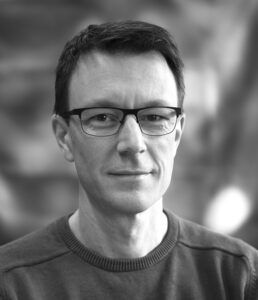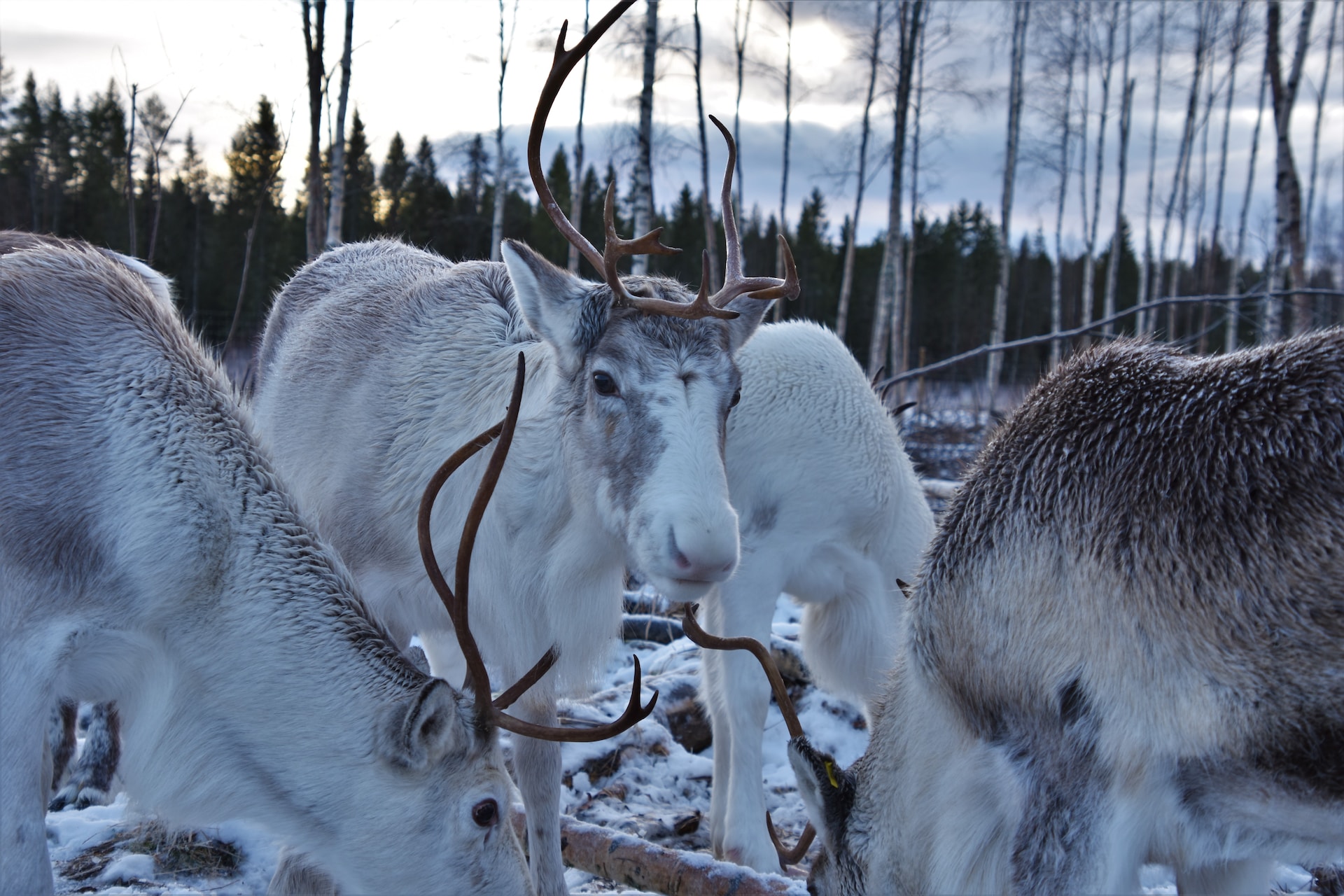Tree species experiment focused on biomass production – Growth, carbon sequestration and biodiveristy

Forestry can counteract an increase in greenhouse gases through its large capacity to store carbon and through the substitution of fossil fuels. There is potential to increase the availability of renewable raw materials through afforestation of former arable land. However, knowledge of the potential biomass production of different tree species is lacking.
This study will be based on a revision of a tree species experiment, 16 years after establishment on former agricultural land. The experimental series includes five locations in Sweden and each location includes spruce, birch, larch, hybrid aspen, poplar and Salix.
The purpose of the project is to compare biomass production, soil impact and carbon storage of different tree species under the same conditions and along a north-south gradient. We will also study the biodiversity of the ground vegetation. An important question is whether afforestation on agricultural land can contribute to increased carbon sequestration.

Nils Fahlvik
Skogforsk

nils.fahlvik@skogforsk.se
Project information
Participants
Skogforsk
Time schedule
December 2023 - December 2026
Total cost of project
3 291 502 SEK
Swedish Energy Agency project number
2023-01030
More projects

Fossil-free multicopter for heavy lifting
In recent years, drones have become popular and are beeing used in various applications in society. However, there is a lack of…
Manager: Mikael Hult
Ongoing

Catalyst and process development for energy efficient production of bio-based vinyl acetate
Biobased ethanol as feedstock for the chemical industry is a promising alternative to fossil oil products, but the transition requires development of…
Manager: Mathilda Johansson
Ongoing

Management of young dense forests and harvesting of biomass for bioenergy while sustaining high biodiversity, social values and sustainability indexes
This project aims to The research objective is to study how thinning for many goals can be done in young dense stands…
Manager: Dan Bergström
Ongoing


